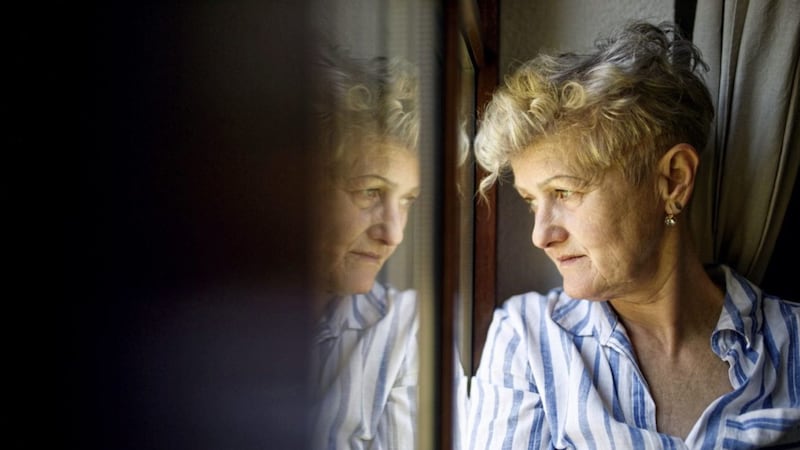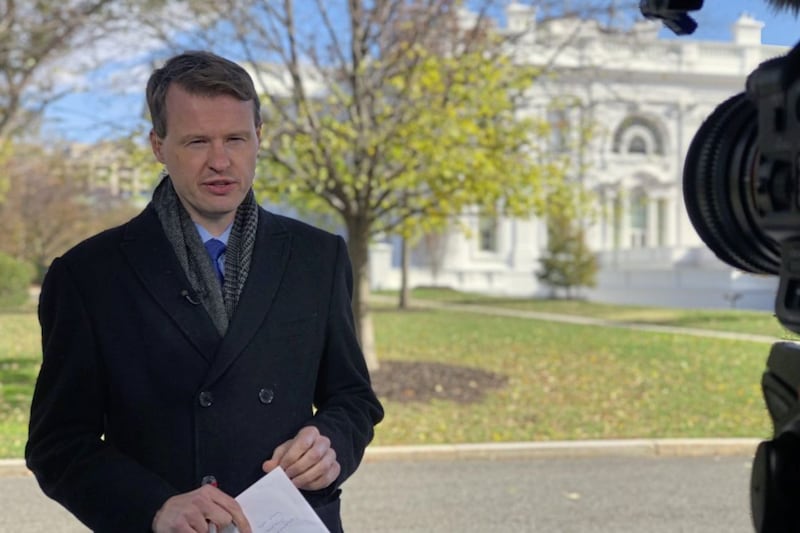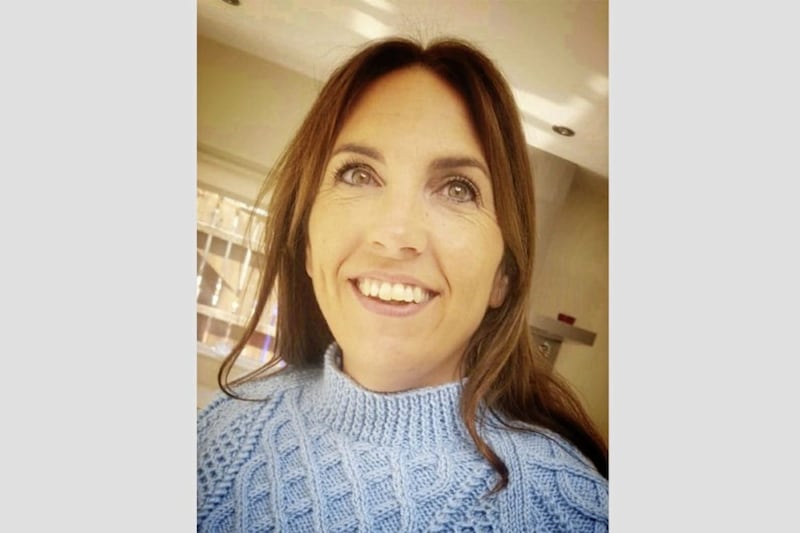How have you been affected professionally?
I am writing a paper for the Department of Health on how we respond to the pandemic. As a psychiatrist, I work with young people in their teens and 20s at risk of developing long-term mental-health problems. I am seeing clients online which works well although, not seeing patients face to face, I think something is lost. I'm very busy and am working on our regional response. What can we do to help people in enforced isolation? Social media helps and Zooming is a great way of keeping in touch. This lockdown is a very different experience from what it would have been 20 to 30 years ago. It's important that we think about that and remember to keep in touch with others who may be alone.
And what about personally?
I have a medical condition so I am self-isolating and working from home. After the virus has gone, and it will go, I think we'll find a new equilibrium. We won't perhaps have the same need always to interact face to face but will be aware of other methods of communication and maintaining contact. I have five grown-up children spread across the globe and we keep in touch via social media but it's hard not to worry. My mother Ita, who's in her 80s and in isolation in Portglenone, is also on my list – I check on her regularly. Like others, I've become cautious. I go out for a daily walk and am aware of other people and how close I can become to them. In society generally, there was a clear increase in the levels of anxiety in the first few days but that's now diminished – but a minority of people are affected more seriously and have developed depression or anxiety that needs treatment.
Are there any positives?
Yes, the sense that we're all in this together has fostered neighbourliness and a sense of social cohesion. The response from the health service has been commendable, both in its organisational response and at an individual level. In Northern Ireland, you can see we have abided by the new rules of lockdown more than in England. We don't yet know quite why but we have lower rates of infection, maybe because we're less highly populated.
What keeps you going?
I find satisfaction in carrying out tasks which are part of our response to the pandemic. And I go on my mandated walks. I listen to music and enjoy Johnny Cash and a bit of John Prine. Reading is important and I'm catching up with the Patrick Melrose series. I'm doing some cooking too – my trademark dish is a vegetarian cassoulet. My top tips for surviving lockdown psychologically would be: maintain contact with loved ones; take exercise; find ways to relax via reading, yoga, watching TV; use social media but don't overuse it – and if you're seeking information on the situation, use mainstream media; try to limit damaging behaviours such as drinking and don't over-eat.








